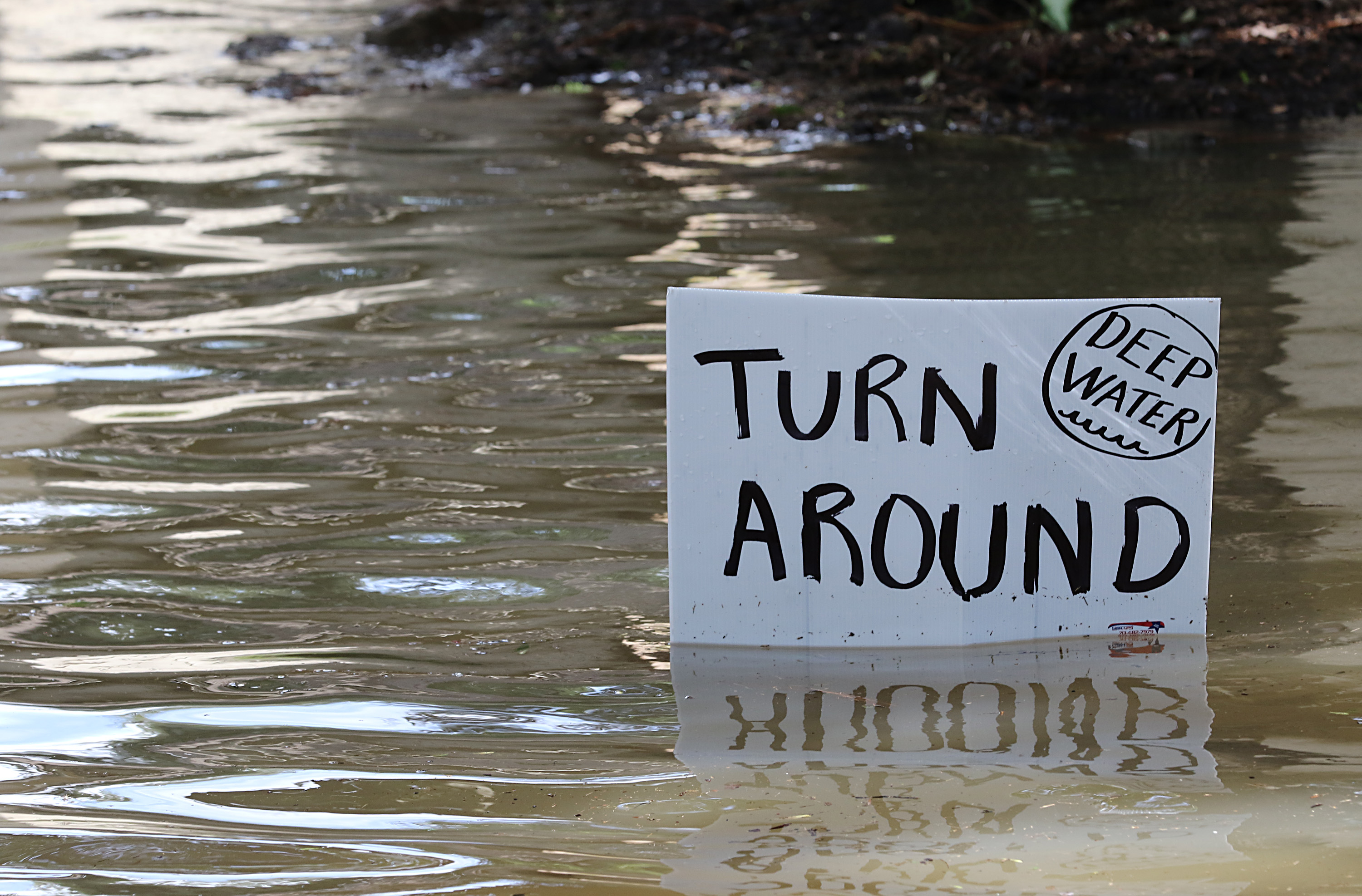Although she cleaned floodwater out of the kitchen at her office just the day before, Jannette Diep sounds remarkably calm on the phone. She doesn’t rush me, even when I go silent for a few seconds, trying to formulate my next question. In the background, I can hear several women talking, non-stop, in businesslike Vietnamese.
Diep (no relation) is executive director of the Houston office of Boat People SOS, a non-profit originally formed in the 1980s to rescue Vietnam War refugees who ran into trouble on the high seas. Now, the office is busy aiding America’s fourth-largest Vietnamese immigrant population in the wake of Hurricane Harvey. Diep is especially worried about the Vietnamese community in Port Arthur, where Harvey made landfall on Wednesday. Boat People SOS used to have an office in Port Arthur, established to aid victims of Hurricane Ike, but it closed because of budget constraints. Diep’s contacts in Port Arthur tried calling her in Houston on Wednesday night, but Diep couldn’t hear what they were saying. When she tried to call back, she couldn’t connect. “We don’t know how they’re doing or if they’re OK. That’s our concern right now,” she says.
Meanwhile, in Houston, Diep and her skeleton crew of six or seven staffers have directed people displaced by the storm into about 20 Vietnamese churches and Buddhist temples that have opened as shelters. The team has also referred people who have kidney failure to hospitals they know are open, since such people typically need dialysis three times a week. But they haven’t yet seen anybody who lost their home. Because roads are still flooded, people are stuck in shelters and don’t know the status of their homes, Diep says. She expects to hear from folks who need help rebuilding in the next few days.
Despite its recent past as a firmly “biracial Southern city,” as sociologist Stephen Klineberg put it, Houston is now one of America’s most diverse metropolises. Many Houstonians need ethnically specific services like the ones provided by Boat People SOS. More than one in five Houstonians report speaking English less than “very well,” which means they need translators to direct them to shelters, food, and medical care, and, later, to apply for the Federal Emergency Management Agency funds they’re entitled to if their cars or homes are damaged. In the wake of Hurricane Katrina, advocacy groups criticized the lack of warnings in languages other than English. (Diep says the city of Houston provided multilingual warnings for Harvey.)

(Photo: Thomas B. Shea/AFP/Getty Images)
Boat People SOS Houston was deeply affected by Katrina as well. Thousands displaced by Katrina “drove straight” to Houston’s Chinatown because they knew there would be people there who could speak their language and help them, Diep says. In a 2006 survey, 23 percent of Asian Americans in Houston said they hosted Katrina evacuees, compared to 5 percent of Houston residents generally.
The evacuees from Katrina all landed first at the Hong Kong City Mall on Bellaire Boulevard—a strip full of Chinese- and Vietnamese-owned businesses—whose Vietnamese-American owner opened its doors as an unofficial shelter and social-services hub. It was a chaotic scene, Diep says. “We were not prepared for that. We didn’t have our partners in line. We didn’t have our resources.” This time, though, “People know where to go and who to call to ask for assistance.”
In 2005, local and national news outlets ran heartwarming stories about how Houston’s Asian Americans came together to provide for Katrina evacuees out of their own pockets: “Carload after carload” of jeans, shoes, and water arrived at the Hong Kong City Mall, the Los Angeles Times reported. At the same time, such stories suggest that more mainstream organizations weren’t adequately serving Asian Americans and other immigrant communities. In a scathing report, the National Council of La Raza—now called UnidosUS—charged that the American Red Cross “failed to recognize some of the critical needs of the communities they were serving,” including Latinos and people with limited English skills.
Diep is now in close touch with FEMA and the city of Houston. “I think we are so much more prepared this time only because of past experience from past disasters,” she says. But there’s still a need. Soon after I called her, Deborah Chen, the civic engagement programs director for OCA-Asian Pacific American Advocates’ Houston chapter, told me: “I just got a text saying the United Way is desperately needing bilingual volunteers.”




